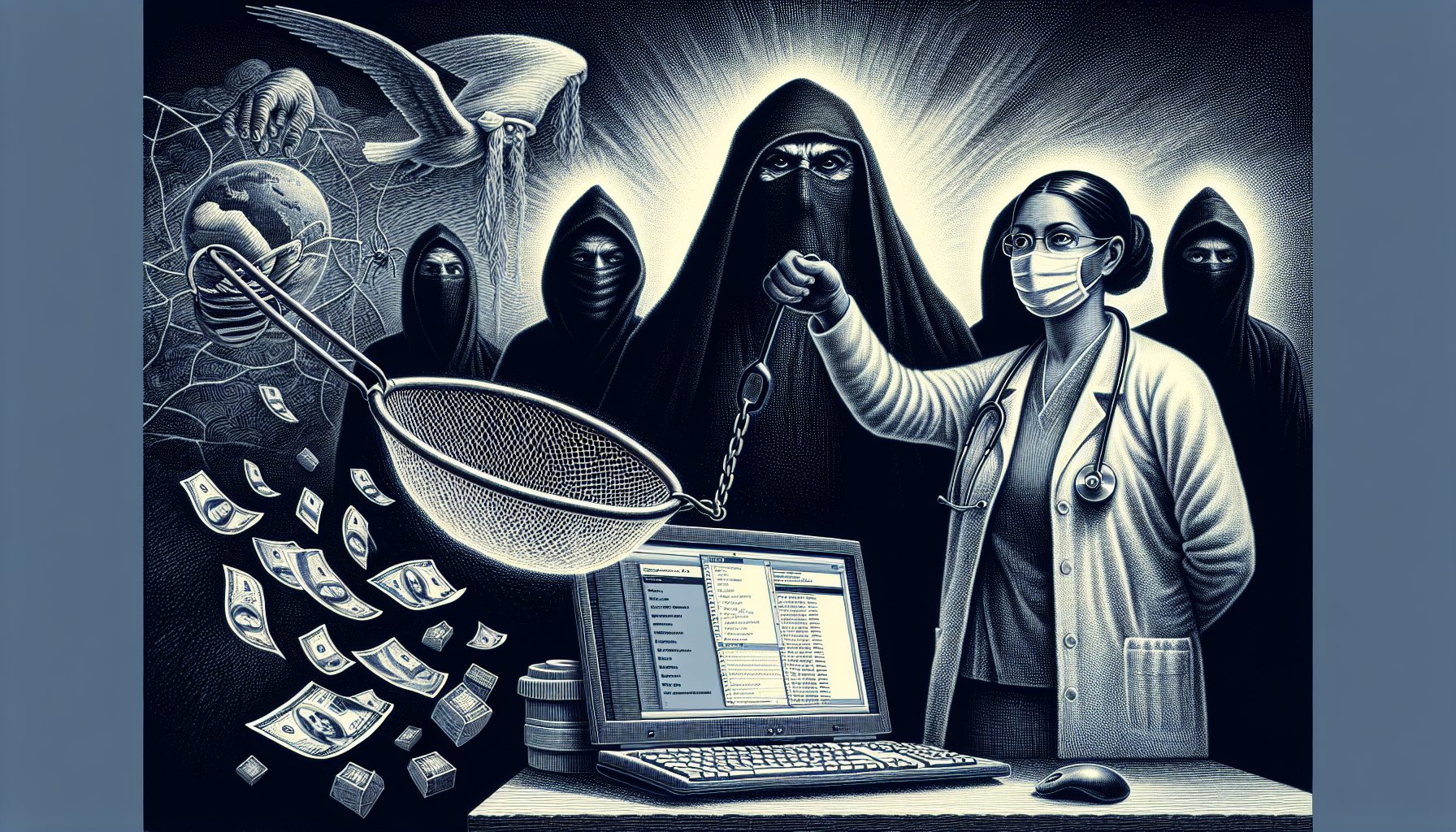UnitedHealth Group recently confirmed their agreement to the demands set by cybercriminals, in a bid to protect the confidential data of their patients. Following intense negotiations and to ensure their client’s safety and data integrity, UnitedHealth issued a payment to the criminals.
Earlier this year, UnitedHealth announced a severe cyber attack impacting its subsidiary, Change Healthcare. This stumbling block resulted in disrupted operations, affecting prescription fulfillment and revenue collection. While necessary measures were introduced to curb the situation, this incident underscored the urgent need for advanced cybersecurity within digital healthcare platforms.
UnitedHealth reported that the breach involved infiltration of patient records, though the exact payment to the cybercriminals remains undisclosed.
UnitedHealth compensates hackers to secure patient records
The company is closely collaborating with both law enforcement and cybersecurity companies in an attempt to resolve the crisis.
Illustrating the broad implications of the breach, UnitedHealth reported the compromised data contained sensitive information of over 152 million customers. The breached files included protected health data, indicating a possible large-scale impact across the United States.
Change Healthcare, despite not being a direct client of UnitedHealth, manages over 15 billion transactions each year and processes a third of all patient records in the US. Given the enormous volume of transactions, the breach could further extend to non-customers of UnitedHealth.
As part of the ongoing investigation, UnitedHealth discovered 22 screenshots on the dark web allegedly containing information from the breached files. However, specific details regarding the contents remain unshared. As investigations continue, customers have been advised to keep an eye on their accounts while the company collaborates with cybersecurity professionals to safeguard sensitive data.








